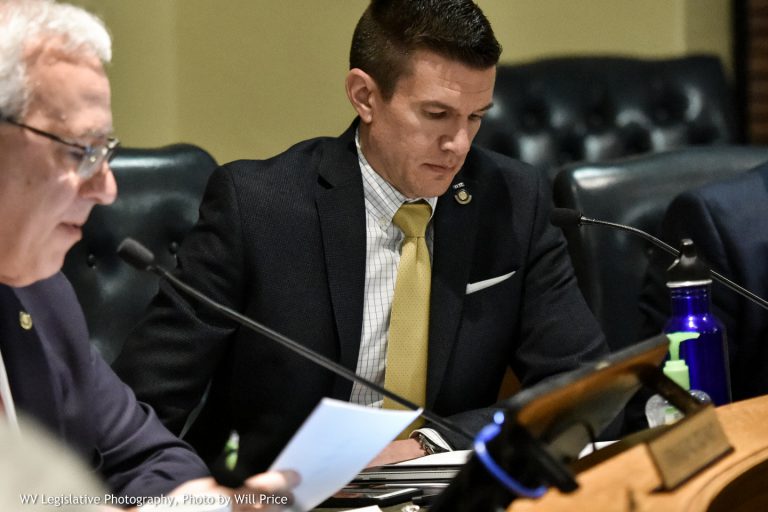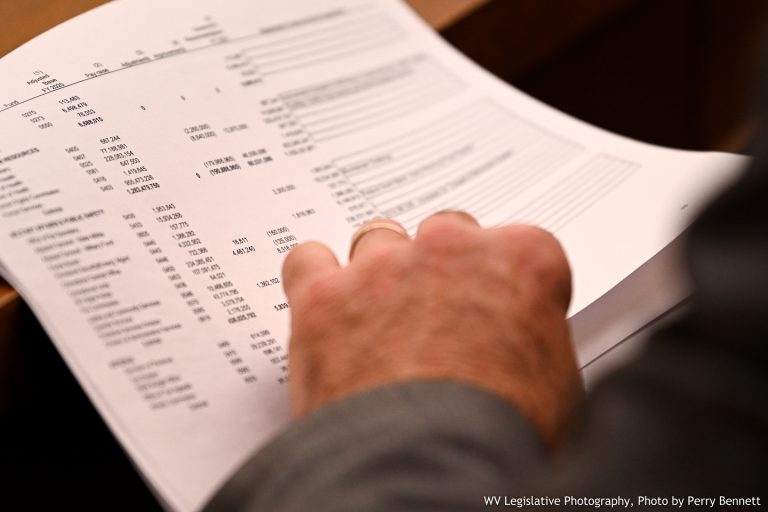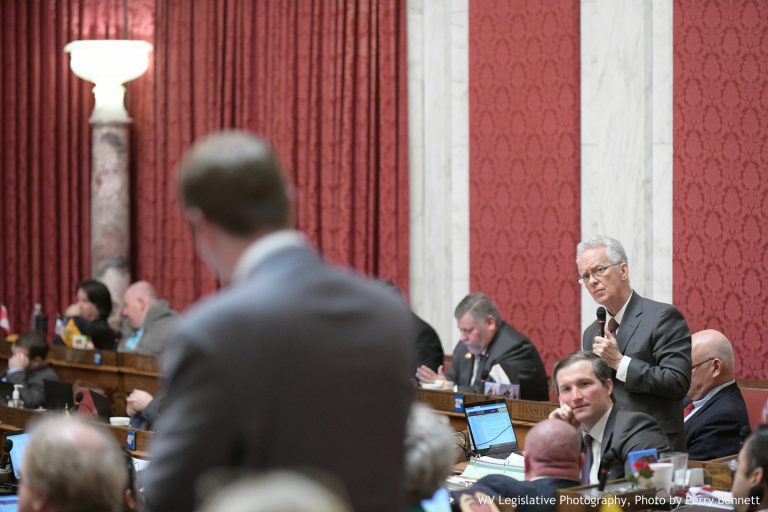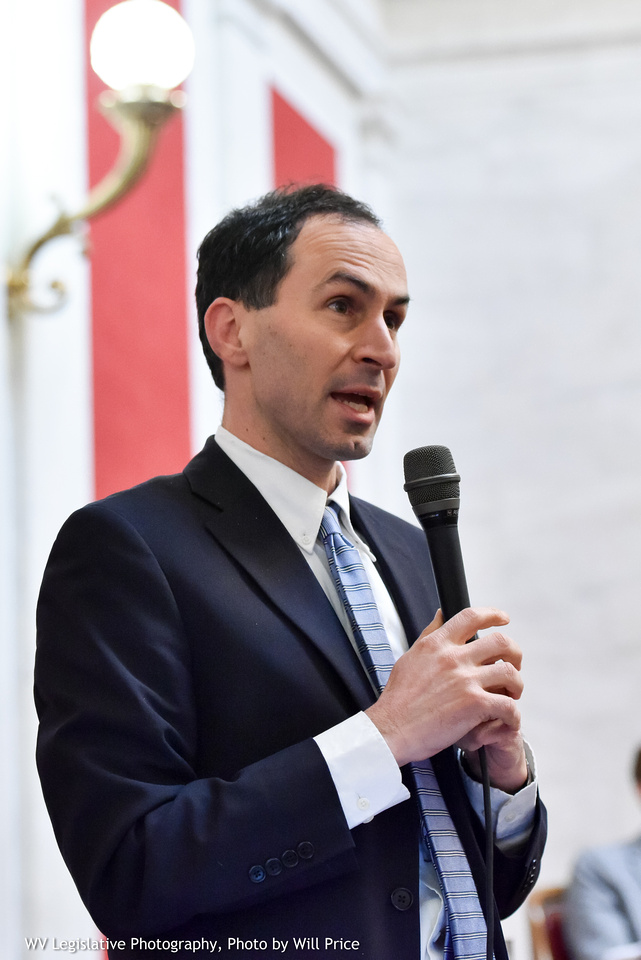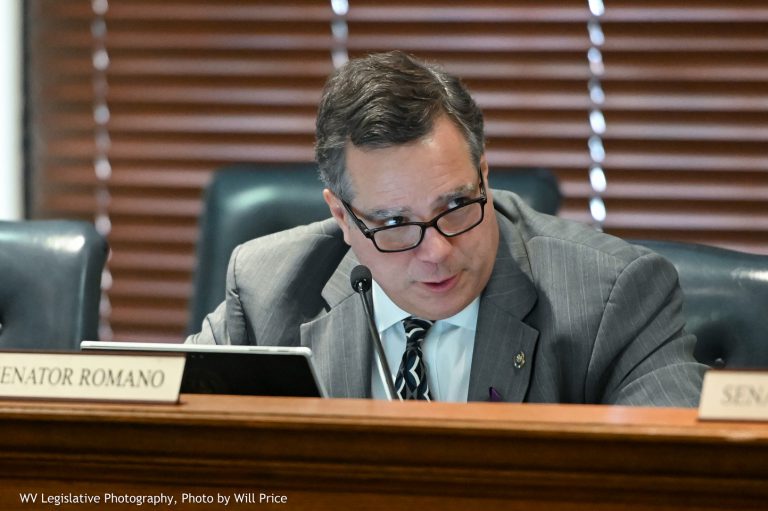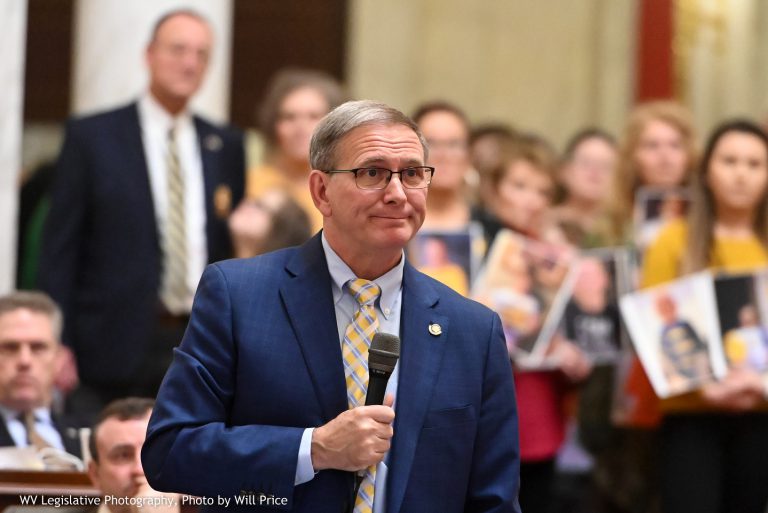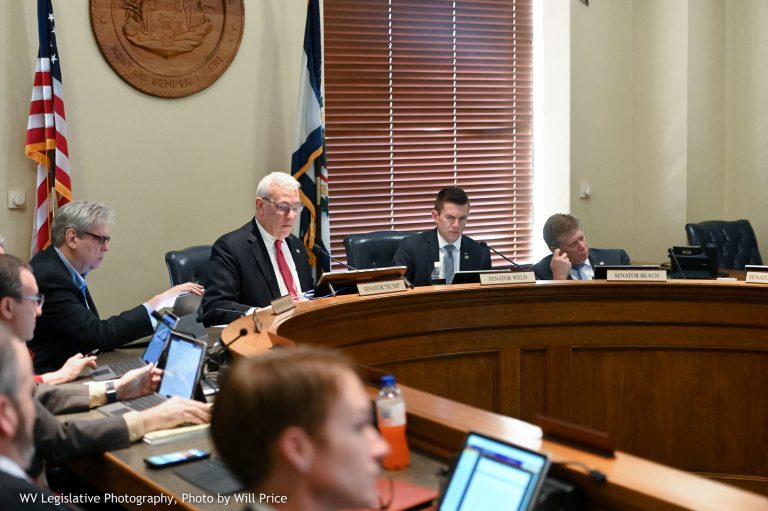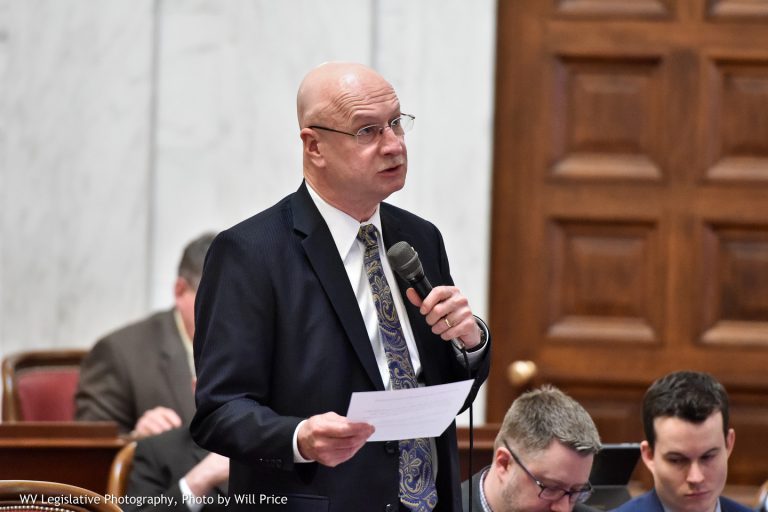House Bill 2049 would amend §21-5-7 of the State Code 7 to provide additional language regarding how an employee may seek wages and/or fringe benefits from a prime contractor in the event that a subcontractor does not pay those wages and benefits in a manner consistent with the Wage Payment and Collection Act.
The Committee strike and insert amendment was different from the House version with regards to notification of employers. The House bill set requirements for delivery of notice including for the mail to be certified. The adopted strike and insert amendment does not set any requirements.
House Bill 2709 related to hunting licenses. The Committee adopted a strike and insert amendment to bill that took away all of the original language of the House bill, and inserted the language of Senate Bill 414, The Protect Our Right to Unite Act.
The now amended bill would protect an individual’s right to anonymously support organizations. The proposed legislation would provide that such information is exempt from production under the Freedom of Information Act (FOIA). It would also state that the names, addresses, and other contact information of people’s hunting or fishing licenses is exempt from disclosure of a FOIA.
House Bill 2779 would use funds being held by the courts to plug orphaned oil and natural gas wells which are currently polluting the environment. The Committee adopted a strike and insert amendment proposed by Senator Romano (D – Harrison, 12) which would strike all of the language of the proposed House bill, and insert eh language of Senate Bill 541.
The amended bill would now require assurances for each well drilled instead of using a blank $50,000 bond to cover all wells drilled by an operator. In some cases, it only amounts to $20 per well. The bill would be in response to the orphaned well problem.
All three bills were approved by the Committee, and will be reported to the Senate to be voted upon.
The following bills were also passed by the Committee:
- House Bill 2474: Relating to a reserving methodology for health insurance and annuity contracts
- House Bill 2479: Corporate Governance Annual Disclosure Act
- House Bill 2618: Including undue influence as a factor in the definition of financial exploitation of an elderly person or protected person
- House Bill 2933: Modifying the criminal penalties imposed on a parent, guardian or custodian for child abuse resulting in injury
- House Bill 2968: Adding remote service unit to the definition of customer bank communications terminals
The Committee also considered passage of House Bill 2164 which would codify the right to appeal a final judgement of a circuit court to the West Virginia Supreme Court of Appeals. A motion was made by Vice Chair Weld (R – Brooke, 1) to strike all of the language of the House bill, and insert the language of Senate Bill 266, West Virginia Intermediate Court of Appeals. The motion was defeated by a vote of 8 – 8, and the bill is still in the Committee.
RA


